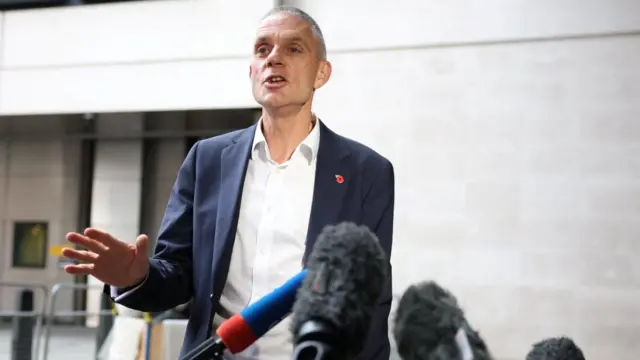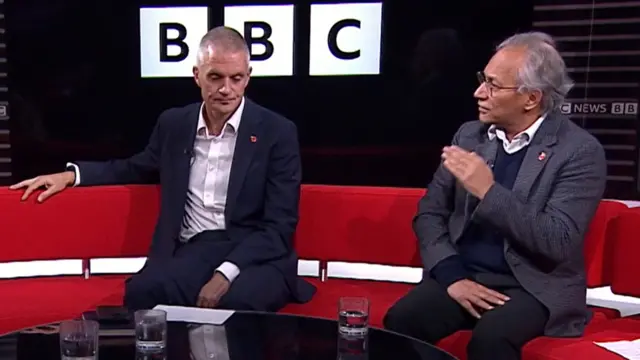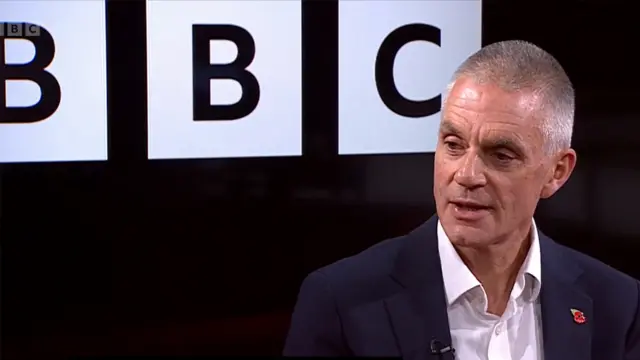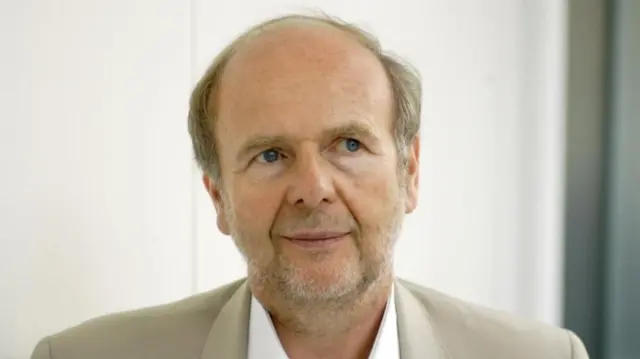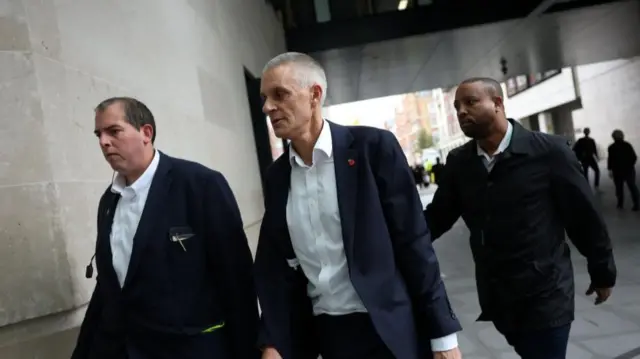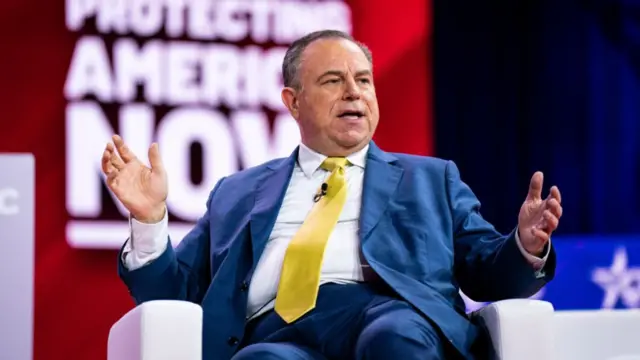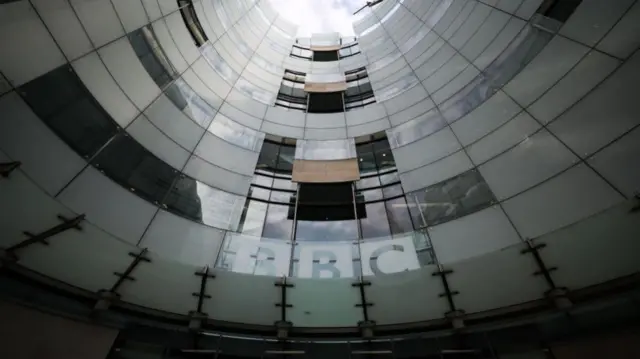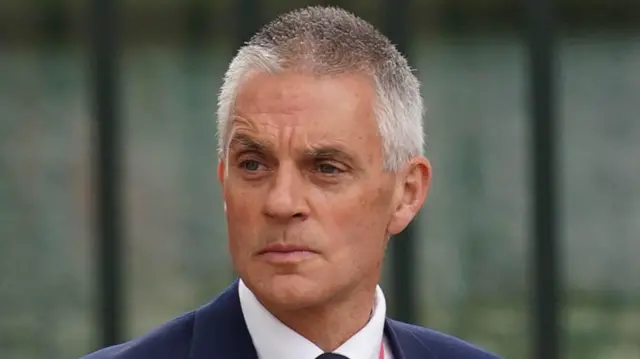What is the BBC's Royal Charter?published at 13:59 GMT 11 November
Tim Davie told staff today that the BBC has "a very strong case" for the renewal of its Royal Charter in 2027.
The charter, drawn up by the government, sets out the terms and purposes of the BBC's existence and normally lasts for about a decade - the current charter runs from January 2017 until the end of 2027.
So the question of its renewal - and the details within it - have been widely debated.
A lot of attention has been drawn towards potential changes to the licence fee.
The corporation currently gets most of its income from the licence fee, which costs £174.50 a year - the cost of which increases in line with inflation each year until 2027, following an agreement made in 2022.
But there's been increasing uncertainty as to whether it's the most sustainable funding model for the BBC, and late last year the government said it will examine the issue of BBC funding as part of the charter review process.
That's not the only thing however - with the charter outlining the BBC's governance, regulation, and broad objectives.
The most recent renewal, for example, established a Board and made highly-paid staff salaries public in attempt to be more transparent.
